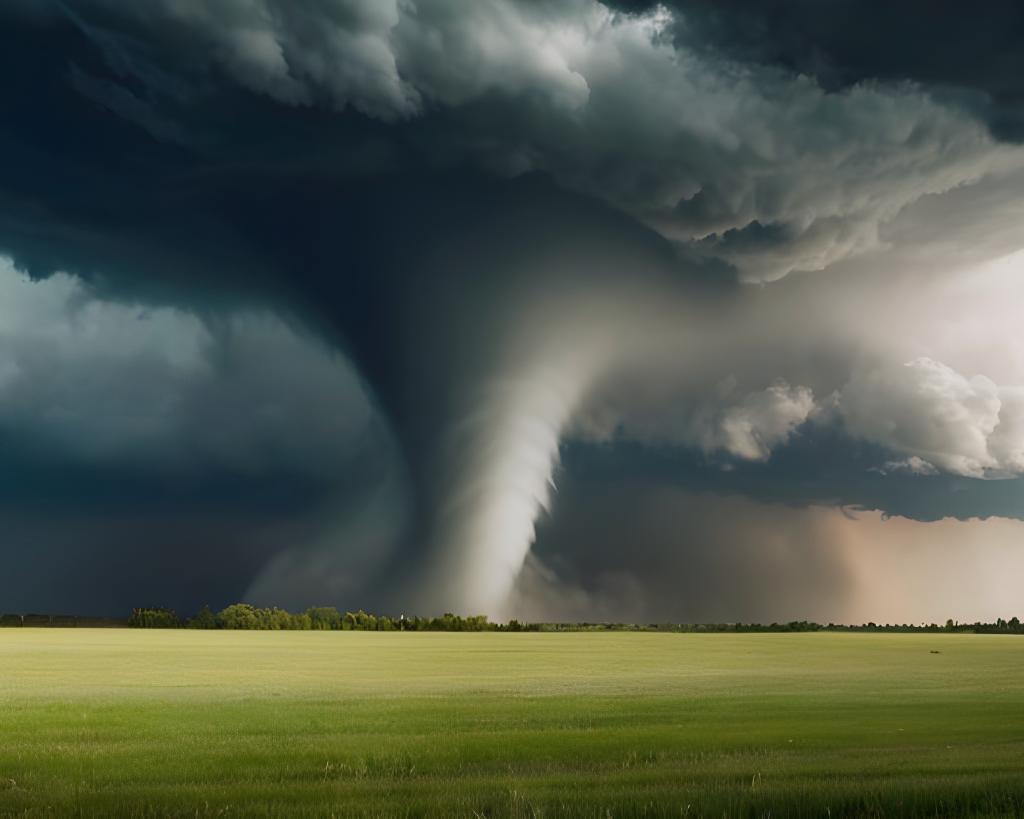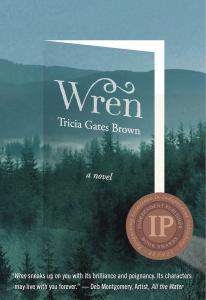
If you have yet to dip your toes into Succession, the HBO series that ended in 2023 (subsequently sweeping the Emmy nominations), now might be a good time to watch. Currently, the Rupert Murdoch family who the series was purportedly based on is acting out an all-too-real succession battle of its own—a battle that could impact all of us due to the reach and influence of Murdoch’s media empire (including Fox News).
I have to admit, I wasn’t an instant fan on Succesion. After watching a few episodes, I gave up, finding the main characters too unbearably, uniformly despicable. “I don’t like a single one of them,” I told my husband. “How can I get into it when I don’t care?” But then I encountered thoughtful commentators who lauded the show. Almost immediately upon giving it a second chance, I was in their thrall. This turnaround regarding Succession is, I understand, quite common. Also common is plumbing the storyline for its spiritual implications.
Because I was recently studying the biography of Flannery O’Connor, I was struck by how my reaction to Succession was almost identical to my reaction to most O’Connor characters. These characters are defined by their despicableness and arrogance—specifically a kind of pride interlaced with bigotry and fear. Rarely are the characters in O’Connor’s stories likable. I don’t have reason to believe Succession’s writers studied O’Connor, but I began to wonder if they were attempting similar things. O’Connor wrote about rotten people to understand them and, at times, to attempt to heal them.[1] An outsider character introduced into her stories often serves as catalyst for this exposing—and sometimes redeeming—trajectory.
Succession is about an abusive, tyrannical father and corporate tycoon who is certainly rotten. At one point, his brother describes him as a mean person who feeds “a certain kind of meagerness in men.” And in Logan Roy’s case, he feeds this in his children, who stay close to him for hoped-for personal gain. How like O’Connor’s protagonists! Granville Hicks wrote of O’Connor that she “regards human life as mean and brutish.”

In Succession, I see the series’ characters trending toward a confrontation with their depravity, if not necessarily toward healing. Whether this confrontation leads to any sort of redemption, even of the subtle O’Connor variety, the series does not tell. Yet throughout the series, the writers deftly expose the characters’ fallenness to us using symbolism and satirical humor O’Connor might have loved. We see on display brazen, laughable episodes of hubris. One example is when Kendall—the eldest—walks past a bank of reporters and self-righteously, earnestly shouts “F*** the patriarchy!” while treading over every woman who crosses his spoiled, narcissistic path. (If you have a problem with the mention of that word, do not watch this show. The f-word is practically a sixth member of the Roy family.)
In Succession, the stakes are higher than in any of Flannery O’Connor’s fiction. The main characters have power and wealth enough to choose presidents and remake the world—not just the world around them. They represent a tale of our times. During O’Connor’s day, American life may have been riddled with glaring social inequities, but she likely didn’t envision Elon Musk, Jeff Bezos, or Rupert Murdoch. In her fiction, Flannery O’Connor grappled with human fallenness and grace, but from a fairly orthodox perspective. The show Succession, which is not self-consciously theological in the manner of O’Connor, shows us a world where the price of personal depravity is more ultimate. Perhaps in this era of climate change, it could even help precipitate the demise of human life. In the meantime, the Roy family is Houdini-like in their abilities to escape consequences for their own far-reaching failures. The show is peppered with biblical imagery and allusion and these seem to escalate as the series goes on, as if the writers know they are writing a show about ultimate concerns.
What’s more, regular Americans (you and I) ultimately empower the real-life American oligarchs caricatured in the show. We give them endless oxygen and affirmation, if only by buying their products. Is our faith strong enough to see the role we play in this, and to let the moment of grace arrive for us? As Flannery O’Connor wrote: “It is when the individual’s faith is weak, not when it is strong, that he will be afraid of an honest fictional representation of life, and when there is a tendency to compartmentalize the spiritual and make it resident in a certain type of life only…. Fiction… is an antidote to such a tendency.”[2] Flannery O’Connor saw the “spiritual” in everyday life. She knew there was no compartmentalizing, no line drawn between the mundane and sacred, as these are marbled together like oil spills and the waters they ornament and pollute. Similarly, the people giving us Succession seem keen to offer an “honest fictional representation of life”—with all of its interlaced profanity and sacredness—that is searing in its timing and commentary and simultaneously bewitching. The characters in O’Connor’s stories and in Succession are hurtling toward recognition of their very costly mistakes. Are we?
[1] https://www.youtube.com/watch?v=u8bU_e-3JMk
[2] https://www.americamagazine.org/arts-culture/1957/03/30/flannery-oconnor-church-fiction-writer-148496.
Wren, winner of a 2022 Independent Publishers Award Bronze Medal
Winner of the 2022 Independent Publisher Awards Bronze Medal for Regional Fiction; Finalist for the 2022 National Indie Excellence Awards. (2021) Paperback publication of Wren , a novel. “Insightful novel tackles questions of parenthood, marriage, and friendship with finesse and empathy … with striking descriptions of Oregon topography.” —Kirkus Reviews (2018) Audiobook publication of Wren.

















